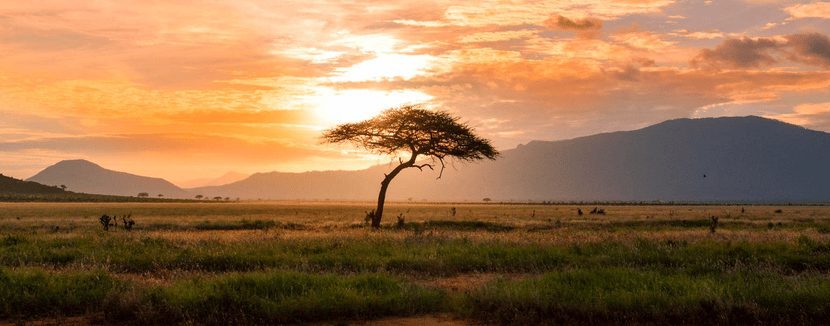Source: Wandile Sihlobo, The Conversation, 3 May 3, 2021, photo credit: Blackstone Ranch Institute
When the COVID-19 pandemic hit, concern immediately arose that sub-Saharan Africa faced a potential worsening in food insecurity. The concerns were due to the anticipated slowdown in economic activity, job losses accompanied by loss of income, and a ban on grain exports by major exporting countries, including India, Russia, Cambodia, and Vietnam. Sub-Saharan Africa is a net importer of food.
The bans, along with other pandemic-related disruptions to food supply chains, were expected to add to food security challenges in the region. The World Bank was among the first multilateral institutions to sound the alarm. The bank estimated that an additional 26 million people would fall into extreme poverty, defined as those living under US$1.90 per day, in 2020.
The slowdown in economic activity played out as expected, with sub-Saharan Africa’s economy contracting by 1.9% in 2020, according to International Monetary Fund estimates. The economic slowdown resulted in job losses.
The widespread job losses in the region subsequently led to a rise in food insecurity. This was most pronounced in Nigeria, Kenya, South Africa, Ethiopia, Uganda and Malawi, the countries for which data is available.
Read more
The South African Pork Producers’ Organisation (SAPPO) coordinates industry interventions and collaboratively manages risks in the value chain to enable the sustainability and profitability of pork producers in South Africa.







